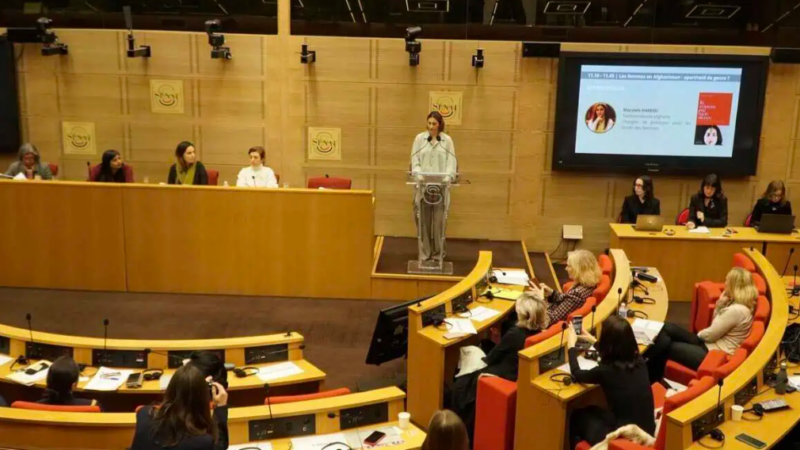Afghanistan terrorist targets religious groups: US Report.

Washington DC, US: The terrorist groups in Afghanistan targets particular religious groups according to a 2020 International Religious Freedom Report released by the United States.
During the year 2020, Sikhs, Hindus, Christians, and other non-Muslim minorities reported continued harassment. Members of the Hindu community reported that they faced fewer cases of harassment than Sikhs, which they ascribed to their lack of a distinctive male headdress.
According to minority religious leaders, the decreasing numbers of Sikhs, Hindus, and other religious minorities had only a few remaining places of worship. According to the Sikh and Hindu Council, there were a total of 70 gurdwaras and mandirs (Hindu temples) remaining in the country, although they did not specify how many of each.
In 2020, United Nations Assistance Mission in Afghanistan (UNAMA) documented a reduction from 2019 in civilian casualties from attacks targeting places of worship, religious leaders, and worshippers.
UNAMA recorded 19 attacks targeting places of worship, religious leaders, and worshippers, compared with 20 attacks in 2019. The attacks caused 115 civilian casualties (60 deaths and 55 injured), compared with 236 civilian casualties (80 deaths and 156 injured) in 2019.
UNAMA continued to report high levels of ISIS-Khorasan (ISIS-K) directed, sectarian-motivated violence, primarily targeting the Shia Muslim, mostly ethnic Hazara, population.
It documented 10 incidents of sectarian-motivated violence against Shia Muslims, Sufi Muslims, and Sikhs, resulting in 308 civilian casualties (112 killed and 196 injured), compared with 2019 when there were 10 incidents resulting in 485 civilian casualties (117 killed and 368 injured).
Several major attacks against the Shia Hazara community occurred during the year.
The Taliban continued to kill religious leaders and threaten them with death for preaching messages contrary to the Taliban’s interpretation of Islam or its political agenda.
In several cases, the responsibility for attacks on pro-government religious leaders was unclear. In these instances, although no individual or group claimed responsibility, local authorities said they suspected that ISIS-K or, the Taliban were responsible.






